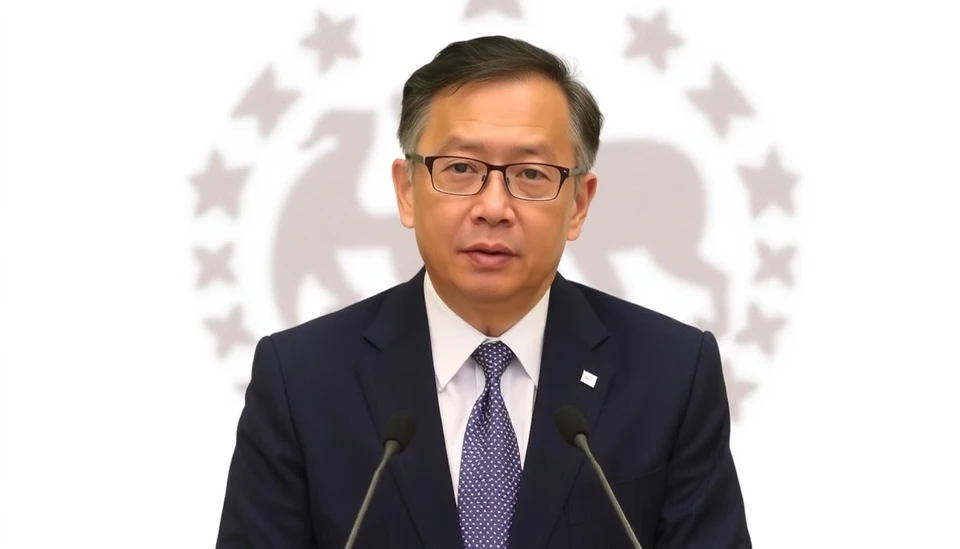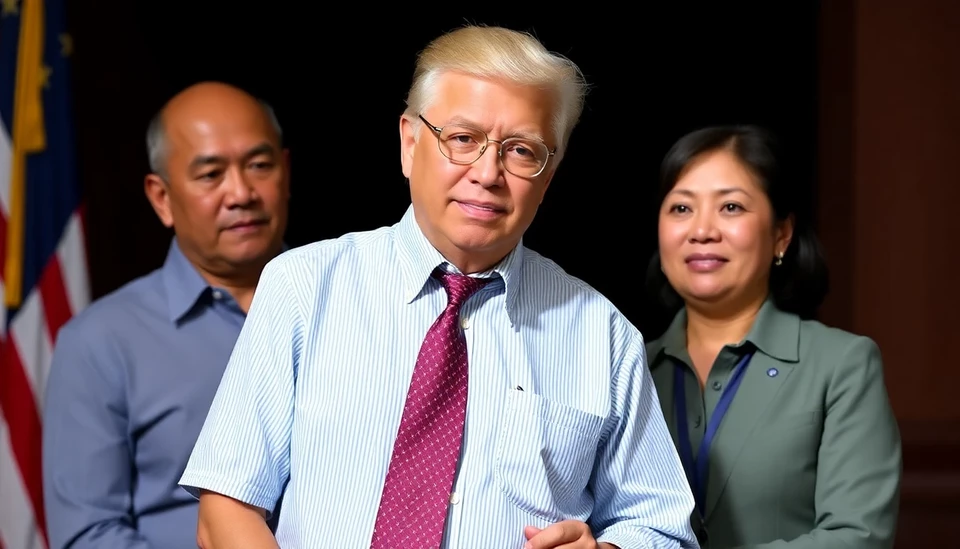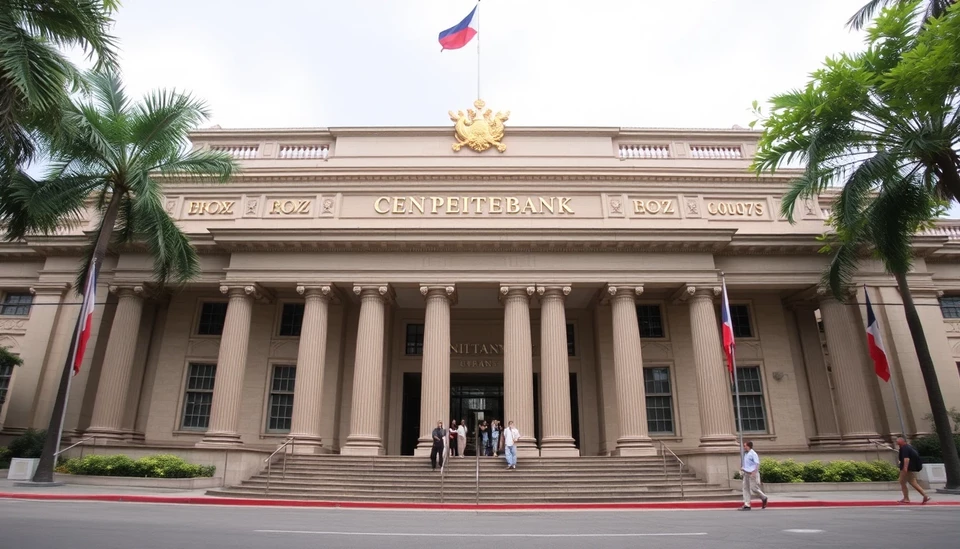
In a significant development for the Philippine banking and financial sectors, the country has officially exited the Financial Action Task Force's (FATF) gray list, which identifies jurisdictions under increased monitoring for deficiencies in their anti-money laundering (AML) regimes. This announcement marks a turning point as the Philippines demonstrates its commitment to stronger compliance measures and enhancement of its financial integrity.
The FATF's gray list previously included nations that faced heightened scrutiny due to vulnerabilities in their financial systems, particularly concerning money laundering and terrorist financing. The Philippines was placed on this list in February 2021 as a consequence of its failure to adequately address various risks associated with the sector. To remedy this situation, the government and regulatory authorities took substantial steps to improve their enforcement and compliance capabilities.
Throughout the past two years, the Philippine government implemented numerous reforms aimed at reinforcing their AML framework. These initiatives included refining legal provisions, increasing penalties for violations, and bolstering coordination among different regulatory bodies. Furthermore, the government ramped up its efforts in fostering public-private partnerships, focusing on sharing vital information to target illegal financial activities effectively.
As a result of these comprehensive measures, the FATF acknowledged the Philippines' progress in its latest assessment. The organization's decision to remove the nation from the gray list highlights the successful implementation of reforms, which focused on transparency, regulatory compliance, and effective enforcement mechanisms. This shift is expected to enhance the Philippines' standing in the global financial landscape and attract foreign investments.
Moreover, the exit from the gray list puts the Philippines on a favorable footing when it comes to international banking and trade relations. Analysts believe that this newfound status will not only instill confidence in local and foreign investors but also facilitate the country's participation in larger financial markets. The government is optimistic that this move will bolster economic growth, enhance financial stability, and improve the overall investment climate.
In response to this significant milestone, officials from the Philippine government expressed gratitude to the various sectors that collaborated in achieving this goal. They emphasized that this exit is not merely an endpoint but a continuous journey towards further strengthening the nation’s financial systems to prevent illicit activities. The officials reiterated their commitment to maintaining strict compliance with international standards moving forward.
As the Philippines moves ahead post-gray list, stakeholders across the board will be keenly monitoring the implementation of ongoing reforms and the effectiveness of the new measures initiated to safeguard the financial integrity of the nation. The impact of this decision will resonate throughout the economy, potentially leading to a more robust outlook for domestic and foreign investments alike.
In conclusion, the Philippines' exit from the FATF gray list represents a significant achievement for the nation, showcasing its determination to improve its financial monitoring systems and commit to global standards in combating money laundering and financial crime.
#Philippines #FATF #GrayList #MoneyLaundering #FinancialIntegrity #InvestmentOpportunities #EconomicGrowth
Author: Laura Mitchell




